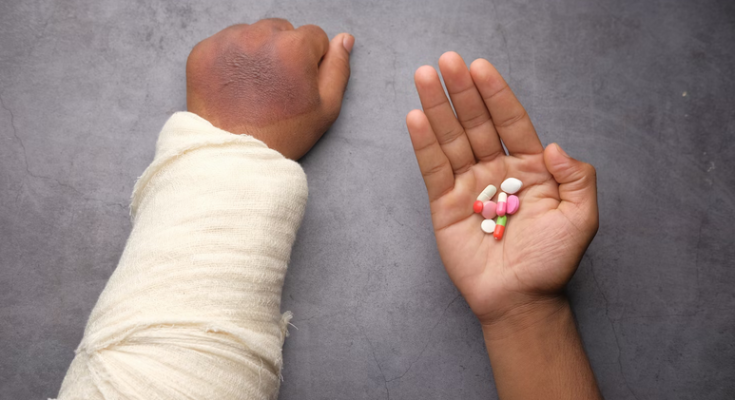
Unveiling the Factors: Why Personal Injury Lawyers May Decline Your Case
Are you in need of a personal injury lawyer? Have you ever wondered why some lawyers may decline your case? Well, buckle up because today, we are unveiling the factors that might lead to a firm turning down your claim. Personal injury cases can be complex and challenging, and it’s crucial to understand why an attorney might say “no.” Join us as we dig deep into this topic and uncover the reasons behind these decisions. So, let’s dive right in and unravel the mysteries surrounding why personal injury lawyers may decline your case.
Lack of Legal Merit
Personal injury cases must have legal merit for a lawyer to consider taking them on. This means that there must be a clear indication that another party’s negligence or wrongful actions directly led to your injuries. If your case lacks strong evidence of liability or causation, a lawyer may decline to represent you, as the chances of success in court are low.
Statute of Limitations Has Expired
Every jurisdiction has a statute of limitations, which is the legal timeframe within which a personal injury claim must be filed. If you exceed this timeframe, your case may be barred, and a lawyer will likely refuse to take it. It’s crucial to consult with an attorney promptly after your injury to ensure that you don’t miss this critical deadline.
Inadequate Damages or Liability
Personal injury cases are often evaluated based on potential damages and liability. If the damages in your case are minimal, it may not be cost-effective for a lawyer to take it, considering the time and resources involved in pursuing a claim. Similarly, if there is insufficient evidence to establish the other party’s liability, an attorney may be hesitant to proceed.
Limited Insurance Coverage

In many personal injury cases, the source of compensation is the at-fault party’s insurance policy. If the at-fault party has limited or no insurance coverage, it can be challenging to recover compensation. Lawyers may be hesitant to take on cases where the defendant lacks the financial means or insurance to cover damages, as collecting compensation becomes more challenging.
Conflicts of Interest
Personal injury lawyers are bound by ethical considerations that may prevent them from representing certain clients. For example, if a lawyer already represents the party at fault in your injury, they cannot represent you due to a conflict of interest. Lawyers must prioritize their existing clients’ interests and cannot represent conflicting parties.
Client Expectations
Sometimes, lawyers may decline cases because of unrealistic client expectations. If a client’s expectations for compensation significantly exceed what is reasonable based on the injuries and damages sustained, a lawyer may be reluctant to take on the case. Lawyers aim to be honest and upfront with clients about the potential outcomes of their cases.
Lack of Expertise in the Specific Area
Personal injury law is a broad field encompassing various types of accidents and injuries. Lawyers may specialize in specific areas, such as medical malpractice, car accidents, or slip-and-fall cases. If your case falls outside the lawyer’s area of expertise, they may recommend you to a specialist in that field or decline the case to ensure you receive the best representation possible.
Client’s Role in the Injury
If your actions or negligence contributed significantly to your injury, it could make it challenging to pursue a personal injury claim successfully. Lawyers may be hesitant to take on cases where the client shares a substantial portion of the blame for the accident or injury.
Understanding the reasons why a personal injury lawyer may decline your case is essential to managing your expectations and making informed decisions. If your case is declined, it doesn’t necessarily mean you don’t have a legitimate claim. It may be a matter of the lawyer assessing the strength of the case, potential damages, liability, and various practical considerations.…
Unveiling the Factors: Why Personal Injury Lawyers May Decline Your Case Read More